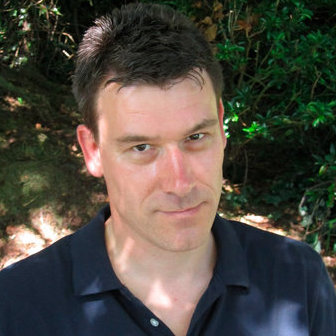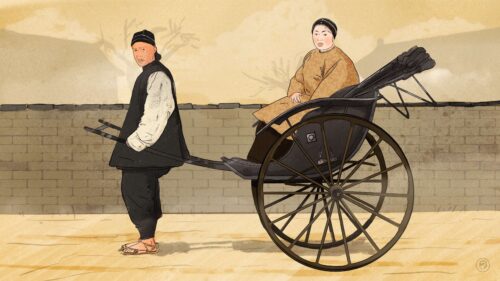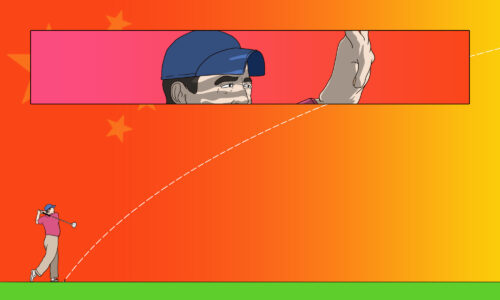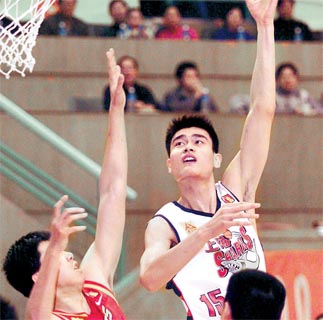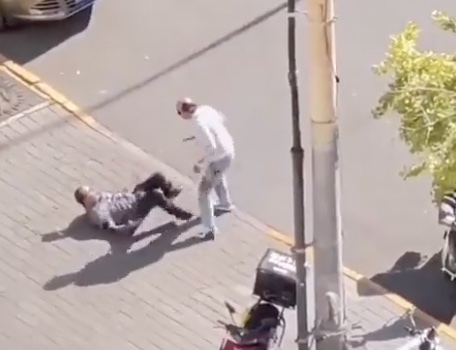This is book No. 12 in Paul French’s Ultimate China Bookshelf.

Blurbs:
“Turns out the Chinese have an underclass of irony-addicted slackers, just like we’ve got in the barbaric West. Best-selling Beijing noir novelist Wang Shuo, who is at once the definitive chronicler and favorite author of these slouchy souls, seems perfectly comfortable with their cheerful nihilism — an ease that gives his writing an infectious, woozy momentum.”
—LA Weekly
“This hardboiled contemporary cult novel, set in the back streets of Beijing, has already been compared to the work of Chandler and Kerouac, and has been saluted by none other than Stephen King, who calls it, ‘the most brilliantly entertaining novel of the 90s’ and ‘most ultimately cool.’”
—Liverpool Echo
“As far as a political critique goes, Wang Shuo doesn’t bother attacking the authorities for being tyrannical; instead he mocks them for being uncool.”
—The Observer
About the author:
Born in 1958, Wáng Shuò 王朔 grew up in an army compound in Beijing. His parents were sent to the countryside in the Cultural Revolution, leaving Wang and his brother alone in the city to run wild. Wang served in the navy as a medical assistant for four years before becoming a writer. His work was immediately recognized for its innovative use of slang and tendency to look at the darker underbelly of Beijing life. His books found a ready audience and he became widely referred to as “China’s Kerouac.” Others, less enamored of his style, described his work (though sometimes used in a generally complimentary fashion outside China) as “hooligan literature” and “spiritual pollution.” In the 1990s he was a bestseller and a celebrity author in China. Some of his works have been banned in the PRC, described officially as being “vulgar” and “reactionary” by the censors
The book in 150 words:
Playing for Thrills was published in the pivotal year of 1989 (and eventually in 1997 in English, translated by Howard Goldblatt). The novel is narrated by Fang Yan, a Chinese drop-out who spends most of his time with his mates playing poker, picking up girls, looking for thrills. How they survive is not explicitly described — perhaps by gambling, Wang suggests. Fang finds himself the chief suspect in the murder of his old sidekick Gao Yang a decade previously. Fang can’t remember where he was or if he did it. And so, he takes off around late-1980s Beijing, drinking beer, chasing girls, trying to find his old gang. As he rediscovers them, his memories start to come back — being de-mobbed, chasing money, robbing hotels…playing for thrills.
Your free takeaways:
“Would you look at yourselves, a bunch of yokels from up north,” Ga Yang laughed as he sized up his friends, who had just been discharge from the army. “What makes you think you deserve to enjoy yourselves here?”
“All the money you earned for those years as soldier won’t buy you one decent meal. You talk about all the food you’re going to put away. Hell, I could sell the lot of you and still not have enough. When Gao Jin and I first came here, we spent as carefully as we could, and within three days we were reduced to eating fried rice noodles. I was in the army longer than any of you, so I got more mustering-out pay. If you plan to stick around, find a way to make some money or learn to do without.”
“Hey, we’re not going to settle down here. We’ll play around for a few days, and when the money’s gone, we’ll leave.” “Then you’d better leave now, since the money you’ve got is probably just about enough for traveling expenses. If you want to stay a night or two, take it easy, and forget about hitting the hot spots. Settle for a bowl of stew.” “Why should we do without?” Xu Xun complained…
Why this book should be on your China bookshelf:
Wang Shuo is an author that defines a generation — the so-called “culturally confused” post-Cultural Revolution generation that found itself caught between their childhood in the “Ten Years of Madness” and the repressive Tiananmen Square Massacre on one side, and Dèng Xiǎopíng’s 邓小平 reforms and new materialistic opportunities on the other. Marginalized and often feeling alienated, though considering themselves “modern” in their tastes, many younger readers gravitated swiftly to Wang’s novels.
Wang’s works often mock or parody Communist Party policies and ideological rigidity, but he does not offer a coherent opposition apart from casual disinterest and the notion that the Party is simply “not cool.” The literary and cultural historian Christopher Rea has argued that Wang’s devil-may-care persona and his advocacy of wan’r (playing, messing around) is a continuation of some earlier 20th-century literary traditions in China.
Wang’s novels do display a rebellious attitude, hence the label “hooligan” (流氓 liúmáng). His writing style aims to reflect the “living language” as it is spoken in the streets, and this again reflects an earlier generation of Chinese writers aiming to capture vernacular Chinese (白话 báihuà).
Playing for Thrills was not Wang’s first novel, but it was perhaps the one that brought him to national attention and a degree of notoriety, as well as achieving significant success and positive reviews internationally in translation. The book starts out as a mystery, a whodunnit, but becomes a tale of freewheeling Beijing life between the cracks of the Party-state and the backstreet hutongs where official writ runs a lot looser. It’s a sympathetic portrait of a somewhat lost generation that avoided the worst of the Maoist repressions but also knows that it will not personally greatly benefit from any social changes underway. Fang and his friends were petty criminals (taking advantage of foreign tourists and peddling clothes) and things sometimes got out of hand, but in a society where fun and self-expression were stifled, what else were they supposed to do?
Playing for Thrills is also a portrait of a Beijing (and China) before the massive emphasis on nationalism as a nationwide religion and before there was so much pressure on young people to succeed academically and in their careers. Fang is anti-materialistic (beyond his immediate needs) and anti-hero. Perhaps the next generation would see him as a “slacker,” a “layabout,” though after three decades of endless homework, student debt from overseas study, the 9-9-6 work culture, and now high graduate unemployment, perhaps the current generation of those “lying flat” would find much to identify with in Fang and with Wang’s work in general.
Wang has continued to write, and several other novels of his are important, perhaps particularly Please Don’t Call Me Human (about a rogue committee attempting to regain China’s face in the sporting world by training a citizen to be a superhero). But none have ever provided quite such a wide panorama of Beijing life at the time as Playing for Thrills. The novel is “zeitgeisty,” pleasantly messy in its socially sprawling nature, and skittish in the way life at the margins invariably is. For that reason, that it snapshots Beijing in the 1980s, the novel deserves its place on the Ultimate China Bookshelf.
Next time:
We’ve moved through the chaos of the interwar years and the fallout from the Cultural Revolution that led to the disaffected generation of the 1980s. But change was afoot: Mao gone, Deng in charge, reform underway (if only tentatively at first). By the early 2000s, those commentators who had followed the late ’80s, ’90s, and the onset of the new century felt it was time to draw up their assessments of the last two decades of the 20th century and see just how well, or how badly, the Chinese leadership had done.
Check out the other titles on Paul French’s Ultimate China Bookshelf.

